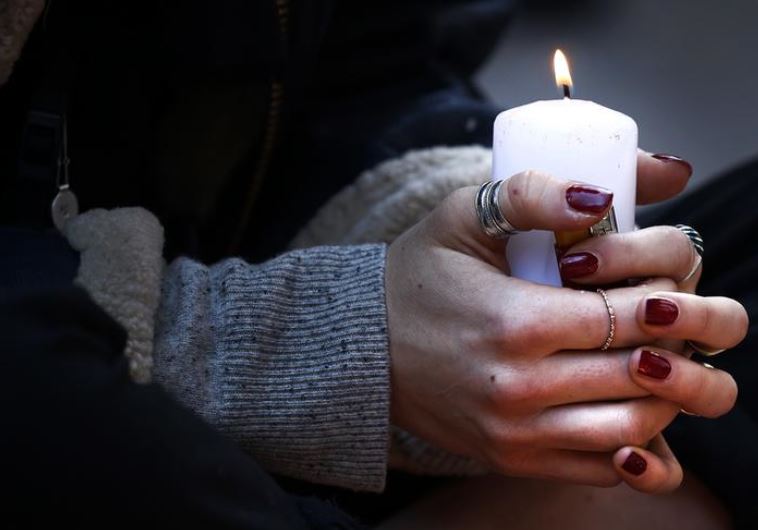After Paris, who will fight ISIS?
With no corporate sense of good versus evil, democratic states find themselves unable to lead the world toward meaningful human rights.
 A woman holds a candle as she pays her respect at one of the attack sites in Paris, November 15, 2015.
A woman holds a candle as she pays her respect at one of the attack sites in Paris, November 15, 2015.